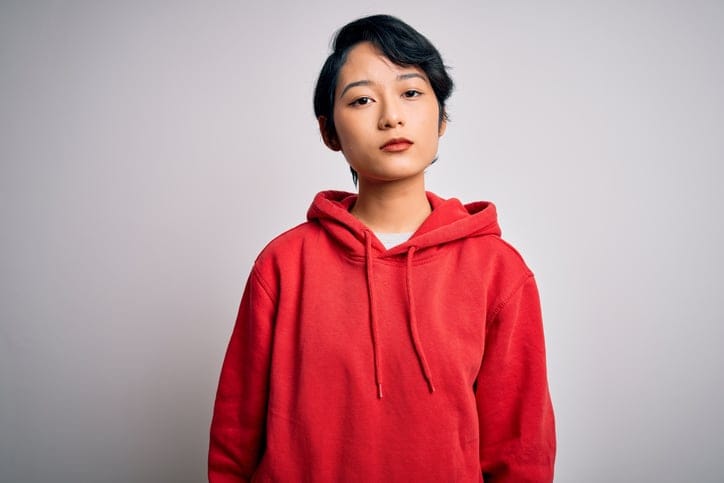While attachment theory is only just gaining traction with the general public, everyone has an attachment style: secure, avoidant, anxious, or fearful. If you have an anxious attachment style (and around 20% of the population does), it’s likely you’ve experienced many of the same patterns emerging in each of your relationships. So, what exactly is an anxious attachment style and how might it affect your love life?
- What is an anxious attachment style? Attachment styles in general are all about how we relate to people, stemming from our initial relationship with our caregivers as infants. An anxious attachment style can form if the caregivers were inconsistent growing up. For example, sometimes the parents soothed their child if they were upset, but other times, they seemed indifferent. Because of these inconsistencies, the child does not feel secure and carries this into adulthood and other relationships.
- How to cope if your partner has an anxious attachment style. Everyone is different, so no two people with the same attachment style will behave the exact same as each other. With that said, becoming aware of attachment theory and working out your attachment styles is the first step since you can learn to understand one another. The good news is that you can change your attachment style and learn to manage it with some time and effort, so seeking help from a mental health professional is a good idea. In the meantime, follow through on promises you make your partner, set boundaries, and reassure them that you love them.
How an anxious attachment style manifests in relationships
- Being clingy People with an anxious attachment style can come off as clingy and overbearing in relationships because they’re so fearful of losing love and affection. This can manifest as being overly affectionate and wanting to spend every waking moment with their partner.
- Being insecure Anxious attachment is regarded as an insecure attachment type. People with an anxious attachment style can be insecure, again, because they lacked stability. So, they might have internalized it and grew up to have low self-esteem. They typically think highly of others but not themselves, so although they want love, they don’t always think they deserve it.
- Feeling underappreciated Those with an anxious attachment style crave love and intimacy, so they can feel undervalued in a relationship if they think their partner is not affectionate enough. Given how they grew up, they might also try to go above and beyond to make their partner feel loved and safe but feel empty if the same effort isn’t reciprocated.
- Overreacting to relationship issues No relationship is perfect; there’s always going to be conflict or a struggle at some point or another. But, since anxiously attached people are so fearful of losing love, they might overreact to small arguments and seem overly upset anytime their partner tries to address issues. This can also manifest as them expecting their partner to be available and responsive at all times and getting upset if they don’t respond to messages immediately.
- Jealousy It’s not uncommon to experience jealousy if you’re an anxiously attached person. Jealously is a perfectly human emotion and something everyone experiences from time to time. The bigger issue is how you react to it. In this scenario, it’s easy for someone with this attachment type to feel jealous if they feel someone else is getting love and attention.
- Trust issues Given the instability they experienced growing up, it’s understandable that people with this attachment type struggle to trust others. So, they might have doubts about their partner’s intentions or character, even if they seem too good to be true. Anxiously attached people might even resort to snooping in their partner’s phone because they’re fearful about being cheated on.
- Abandonment issues Although some of the ways an anxious attachment style manifests in relationships might push partners away, this isn’t their intention. They’re very fearful of being abandoned. People with an anxious attachment style might also be fearful that their partner will leave them for someone else.
- Needing attention The idea of wanting attention is pretty stigmatized despite being a perfectly human feeling, so wanting attention isn’t inherently bad. With that said, people with an anxious attachment style might crave more attention than other people.
- Needing constant reassurance Since people with an anxious attachment type are so fearful about their partner leaving, they regularly need reassurance that the relationship is good and that they’re loved.
- Hypersensitivity to rejection No one likes rejection, but research suggests people with an anxious attachment style are more sensitive to rejection than others, whether it’s social rejection or being rejected from a job. Again, this can tie into low self-worth and abandonment issues.
- Reluctance to leave abusive relationships On a serious note, women with an anxious attachment style are more likely to experience domestic abuse. Due to their low self-esteem, fear of abandonment, and believing they are unworthy of love, people with this attachment style might also be more reluctant to leave these relationships. They may also think they deserve the way they are being treated – which is not the case. Abuse is never the victim’s fault.




